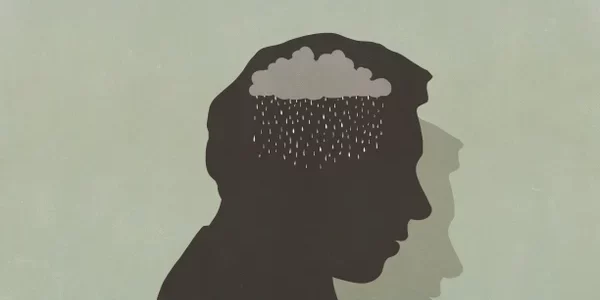Depression
Depression
Hypnosis operates on the principle that many of our behaviors and emotional responses are governed by subconscious beliefs and thought patterns. In the context of depression, these patterns often involve negative self-perceptions, self-critical thoughts, and pessimistic outlooks. Through hypnosis, individuals enter a relaxed state where the hypnotherapist can access the subconscious mind. In this state, the therapist can help the individual identify and reframe these negative patterns, replacing them with more positive and adaptive beliefs. By addressing these underlying patterns, hypnosis can create lasting changes in how individuals perceive a situation.

Hypnosis teaches individuals various relaxation techniques and stress management strategies that can be invaluable for coping with the symptoms of depression. These techniques may include deep breathing exercises, progressive muscle relaxation, guided imagery, and mindfulness practices. By incorporating these skills into their daily routine, individuals can reduce the physiological arousal associated with stress and anxiety, leading to greater emotional regulation and a sense of calmness. Moreover, the practice of relaxation techniques can promote resilience against depressive symptoms, enabling individuals to navigate challenges more effectively.
Depression often saps individuals’ motivation and undermines their self-esteem, making it difficult for them to initiate and sustain positive changes in their lives. Hypnosis can help counteract these effects by providing suggestions aimed at boosting motivation, self-confidence, and self-worth. During hypnosis sessions, individuals may receive empowering messages and imagery that reinforce their strengths, capabilities, and achievements. These suggestions can instill a sense of optimism and hope, motivating individuals to take proactive steps towards improving their mental health and overall well-being.
Hypnosis is often used as a complementary therapy alongside other evidence-based treatments for depression, such as psychotherapy (e.g., cognitive-behavioral therapy) and medication. While these treatments may primarily focus on addressing cognitive and behavioral aspects of depression, hypnosis adds another dimension by targeting the underlying emotional and subconscious factors contributing to the disorder. This integrative approach allows for a more holistic understanding of depression and provides individuals with a diverse toolkit for managing their symptoms and promoting recovery.


Hypnosis can serve as a catalyst for positive lifestyle changes that support mental health and well-being. During hypnosis sessions, individuals may receive suggestions and imagery related to healthy behaviors, such as regular exercise, balanced nutrition, adequate sleep, and social engagement. These suggestions can motivate individuals to adopt healthier habits and routines, which in turn can have a positive impact on mood, energy levels, and overall quality of life. By reinforcing these positive changes through hypnosis, individuals can cultivate a lifestyle that fosters resilience against depression and promotes long-term recovery.
